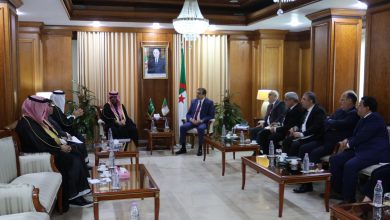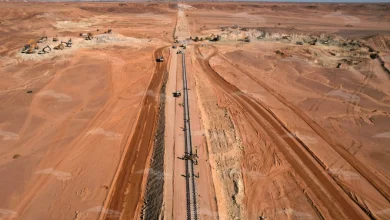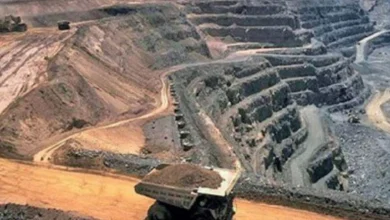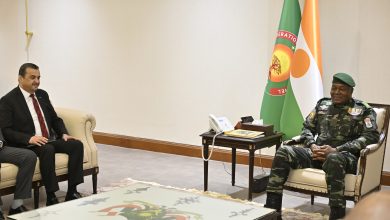Algerian experts in renewable energy emphasized the importance of diversifying the country’s energy investments, particularly focusing on wind energy. This strategic shift aims to meet growing local demand and boost energy exports, aligning with global energy transition goals.
During the second edition of the International Workshop on Renewable Energies held in Algiers, organized by the Algerian Club for Excellence and High Competence, specialists stressed the need to go beyond solar energy and leverage all available resources.
Diversifying Energy Sources: A Strategic Imperative
Mourad Chekhi, Director of Renewable Energies at the Ministry of Energy, highlighted Algeria’s potential in wind energy. He revealed plans for a 1,000 MW wind energy project across 10 sites in collaboration with the World Bank. This initiative is part of an integrated renewable energy framework to complement the solar energy sector, leveraging Algeria’s vast wind energy resources.
Chekhi noted the advantages of wind energy, particularly its ability to generate power around the clock, unlike solar energy, which is limited to daytime production. Algeria already operates a 10.2 MW wind energy plant in Tébessa, Adrar Province, providing a foundation for future projects. Feasibility studies will evaluate the economic and technical aspects of the planned 1,000 MW project.
Enhancing Energy Export Capabilities
Hydrocarbons and renewable energy expert Reda Omrani stressed the importance of expanding Algeria’s renewable and traditional energy production to meet domestic needs and increase export capacity. He emphasized the growing European demand for energy, providing a lucrative opportunity for Algerian exports.
Omrani also underlined the role of renewables in sectors like industry, housing, and transport, enabling Algeria to save natural gas for export. By diversifying energy sources, Algeria can create a favorable environment to attract foreign investment in new energy technologies while addressing economic and technological challenges in the energy transition.
Research and Innovation in Renewable Energy
Mohamed Abbas, a research director at the Center for Renewable Energy Development, highlighted the necessity of aligning Algeria’s energy transition strategy with its unique economic and energy mix characteristics. He pointed out the dynamic nature of the renewable energy sector, requiring adaptive long-term strategies that ensure energy security while fostering innovation.
Abbas stressed the importance of research centers and scientific workshops in advancing Algeria’s energy transition. He announced preparations for an international conference on renewable energy early next year, which will focus on advanced energy production technologies.
Workshop Highlights
The first day of the workshop gathered researchers, engineers, experts, and students to discuss several critical topics, including:
- Challenges in integrating solar energy into the power grid.
- Roadmaps for deploying green hydrogen technologies.
- Advances in energy storage solutions.
- Accelerating renewable energy projects through technology incubators.
- Agri-energy projects in southern provinces and the hydrogen production value chain.
The discussions emphasized the need for Algeria to adopt a forward-looking energy mix strategy, blending renewable and traditional sources for sustainable development.
For further insights into Algeria’s renewable energy initiatives, visit DZWATCH.DZ.
Author: Nor-Eleslam




